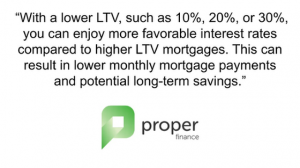Our Lenders
We work with trusted brokers to give you access to a panel of leading lenders well placed to meet your needs at the lowest rates.
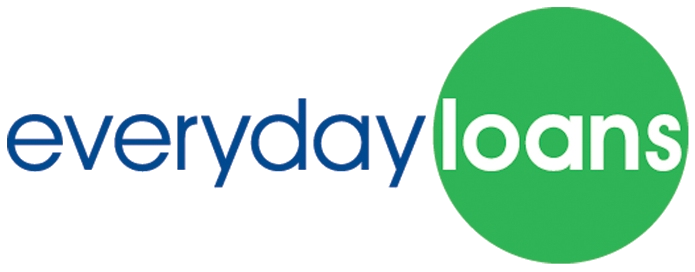
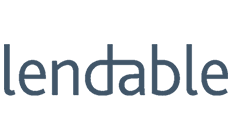
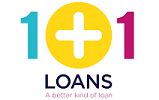

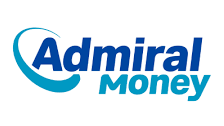
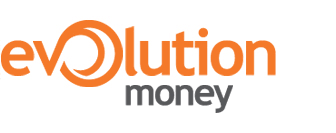

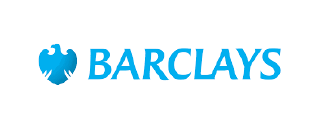
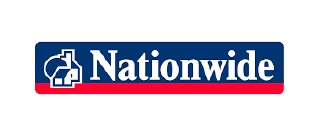

You can find options for a 10%, 20%, or 30% loan-to-value (LTV) mortgage with Octagon Capital. Simply complete our easy online form, and our team will offer you the most competitive rates available in your area.
If you can provide a deposit of 90%, 80%, or 70% of the property’s value, you should consider applying for an LTV Mortgage, which covers the remaining percentage (10%, 20%, or 30%, respectively) as a loan.
What Is A 10%, 20%, 30% LTV Mortgage?
A loan-to-value (LTV) mortgage is a type of home loan where you borrow a percentage of your property’s value from a lender. The remaining percentage will be covered by the deposit you provide to secure the mortgage.
To help explain further, we can explore the example of a 20% LTV mortgage:
Let’s consider a property valued at £250,000. With a 20% LTV mortgage, you would need to make a deposit of £50,000 (20% of £250,000). The lender would then provide you with a loan of £200,000 to cover the remaining portion of the property’s value.
You will be responsible for repaying the loan amount, along with any interest, over the agreed-upon mortgage term. Once you have fully repaid the loan, you will become the outright owner of the property.
As you are putting down a significant deposit in this case, your ownership stake in the property will be relatively high as you begin your mortgage.
Partnered with
Are There Different Types Of 10%, 20%, 30% LTV Mortgages?
There are some different types of LTV mortgages offers you might encounter including fixed rate, variable rate, and tracker mortgages:
- Fixed Rate LTV Mortgages: With a fixed rate mortgage, the interest rate remains unchanged for a specific period, typically ranging from 2 to 5 years. This provides stability, as your monthly repayments remain constant throughout the fixed rate period, regardless of any fluctuations in the market. This type of mortgage is suitable for those who prefer predictable monthly payments.
- Variable Rate LTV Mortgages: In contrast to fixed rate mortgages, variable rate mortgages have an interest rate that can change over time. The rate is usually tied to a benchmark, such as the lender’s standard variable rate (SVR). As a result, your monthly payments can go up or down depending on changes in the interest rate. Variable rate mortgages offer flexibility, but the uncertainty of potential rate fluctuations should be considered.
- Tracker LTV Mortgages: Tracker mortgages are a specific type of variable rate mortgage. The interest rate tracks a specified index, such as the Bank of England base rate, plus a fixed percentage. As the tracked index rate changes, your mortgage rate will also adjust accordingly. Tracker mortgages can be appealing when interest rates are low, as they often come with competitive rates.
Am I Eligible To Get A 10%, 20%, 30% LTV Mortgage?
To qualify for a 10%, 20%, or 30% loan-to-value (LTV) mortgage, meeting certain eligibility criteria is necessary. First and foremost, you must have the required deposit amount. Lenders may set additional criteria that must be satisfied which could include the following:
- Proof of Identification: You will need to provide sufficient documentation to verify your identity, such as a passport or driver’s license.
- Age Requirements: It is essential to meet the age criteria established by the mortgage lender. They may have specific age limits for applicants to be eligible for their LTV mortgages.
- Credit Check: Lenders typically conduct a credit check to assess your ability to repay your mortgage. It is important to pass this check, demonstrating a satisfactory credit history and responsible financial behavior.
- Affordability Check: Lenders will evaluate your ability to afford the mortgage payments based on your income, expenses and other financial obligations. They may also consider factors like your employment status and stability.
What Are The Benefits Of Using A Mortgage Broker To Find My 10%, 20%, 30% LTV Mortgage Deal?
By working with a mortgage broker, you gain access to a wide range of rates from multiple lenders. This enables you to make an informed decision after considering the available options across the entire mortgage market.
Mortgage brokers are motivated to secure the best rates for you, as they earn commission only once you accept your offer.
By searching a wide network of lenders, brokers can cater to various credit histories, including individuals with bad credit.
Proper Finance is dedicated to helping you find the most favorable deal possible.
How Do Repayments Work For My 10%, 20%, 30% LTV Mortgage?
Repayments for a mortgage involve the regular payments made to the lender to gradually repay the borrowed amount. Each repayment reduces the outstanding principal loan amount while also covering the accrued interest.
The repayment schedule is determined based on factors such as the loan term, interest rate and repayment frequency – this will be agreed upon with your chosen lender.
By making timely repayments, borrowers gradually pay off the mortgage and eventually become the full owners of the property.
What Are The Pros and Cons Of A 10%, 20%, 30% LTV Mortgage?
When considering 10%, 20% or 30% loan-to-value (LTV) mortgages, it’s important to weigh the pros and cons. These types of mortgages offer several advantages, but they also have limitations.
Pros:
- Better Interest Rates: With a lower LTV, such as 10%, 20%, or 30%, you can enjoy more favorable interest rates compared to higher LTV mortgages. This can result in lower monthly mortgage payments and potential long-term savings.
- Higher Chance of Approval: Lenders often view applicants with higher deposit amounts more favorably, even if they have a poor credit history. Therefore, having a larger deposit can increase your chances of mortgage approval.
Cons:
- Affordability Concerns: A significant drawback of 40% or higher value deposits is the substantial amount of money required. For many individuals, this may be unaffordable or impractical to save up. It can limit access to these types of mortgages.
If you are unable to provide such a high deposit, Proper Finance can assist you in exploring low deposit mortgages. They can help you consider alternative LTV values, such as 80%, 90% or even 100%. This provides more flexibility and options to suit your financial circumstances.
Why Should I Apply With Proper Finance?
We want to help our customers find the best mortgage deal for them in the most cost-effective way possible. This is the reason why there are no upfront charges when filling in an application with us. Our online platform is free to use, and our application process quick and easy to fill out.
Once you have decided the best type of mortgage to fit your current financial needs, you can apply simply via our online form.
Partnered with
